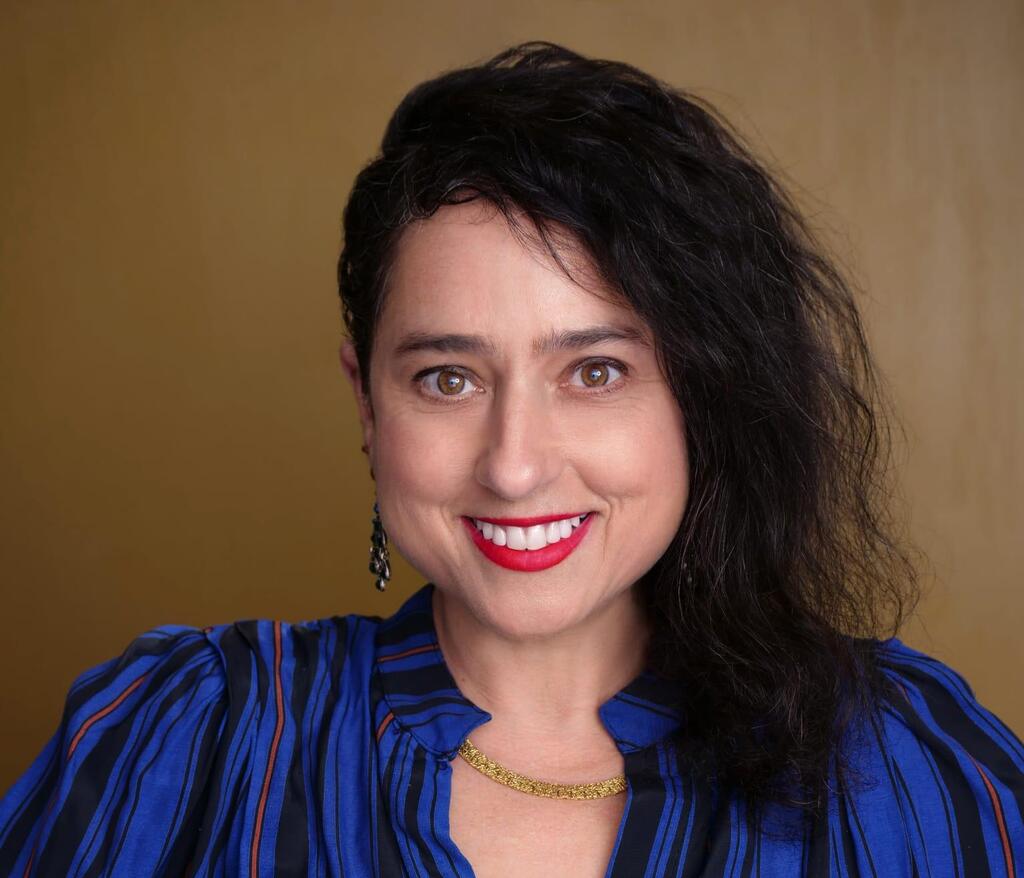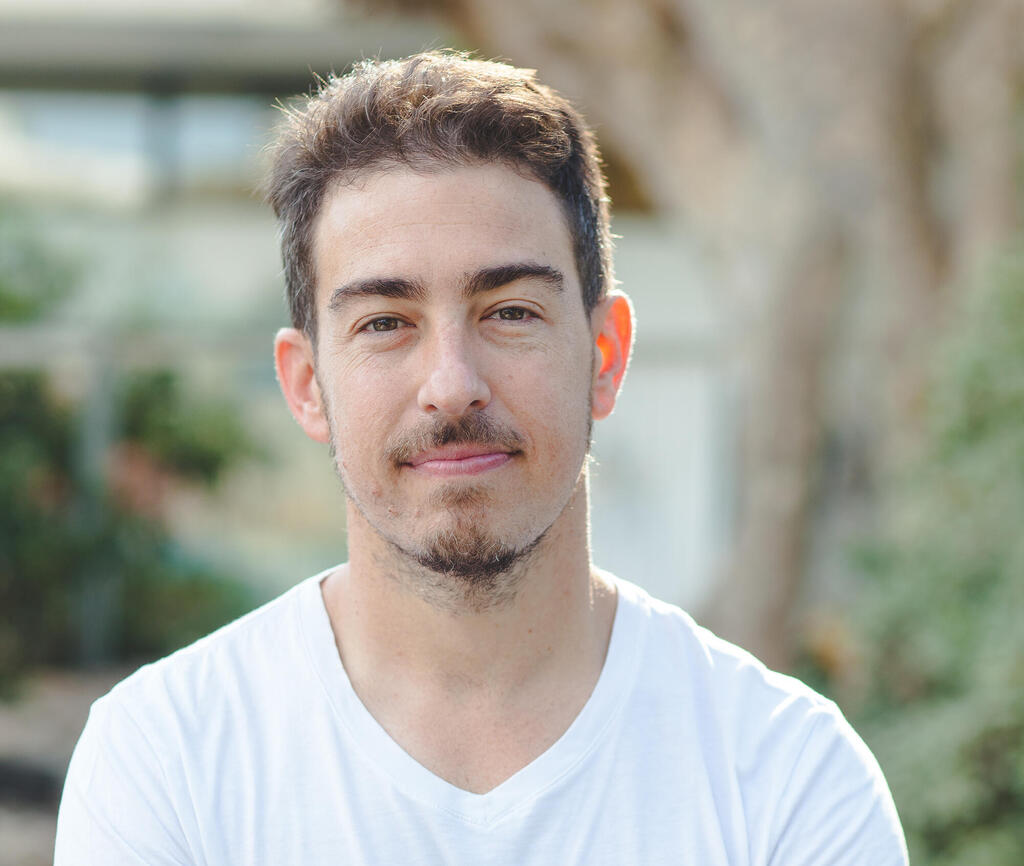Getting your Trinity Audio player ready...
In collaboration with AID Coalition
Right now, a quiet but dramatic election is underway—one that could determine whether the World Zionist Congress’s massive funds go toward rebuilding Israel’s south, supporting the embattled north, and helping devastated communities, or continue flowing to political insiders and party machines.
Behind the scenes of the historic institution founded by Theodor Herzl, a new wave of Israeli-Americans is mobilizing to demand what should have been obvious all along: transparency, public accountability, and a renewed connection between world Jewry and the State of Israel.
"My blood is in this land": Israelis fighting to rebuild Israel
“My daughter experienced antisemitism from her close friends. People we considered family turned their backs on us. Some were so afraid they took mezuzahs off their doors,” says Dana Sinay, founder of DotComm and a strategic advisor in marketing and social impact.
Sinay, an Israeli living in New York for over a decade, has decided to run in the elections for the World Zionist Congress. “The Israeli community in the U.S. can make a big-time impact, easily, with just a few clicks.”
Sinay is running as part of AID Coalition, a group of Israeli-Americans who mobilized in support of Israel following October 7th. “AID Coalition is made up of people who stood up on October 8th and came together from every sector—business, academia, tech, and more,” she explains.
“Where’s the money?”: The billion-and-a-Half dollar question
The issue that troubles Sinay the most is the distribution of the Zionist Congress’s massive funds. “It’s the billion-and-a-half dollar question,” she says. “The money goes to insiders and cronies. That’s exactly what we’re asking—where is the money?”
“The country is bleeding. The funds aren’t reaching the burning South, the rebuilding of the North, or families who are dealing with the worst—losing their loved ones in the war,” she explains.
“Our mission is to ensure that Zionist institutions are transparent and don’t funnel money to politicians. Right now, the money goes to sectoral causes—like education for specific groups, not general education.”
“You can’t take Israel out of us”
Despite the geographical distance, Sinay stresses that Israelis abroad haven’t disconnected from their Israeli identity. “You can’t take Israel out of us just because we live here,” she says.
“We were raised on the values of the State of Israel and love of the homeland. My brother was wounded in Lebanon. He goes to sleep with fallen soldiers in his heart. My blood is in this land.”
Omer Rabin, co-founder of Anyword, a leading GenAI marketing company and another candidate on the list, echoes her sentiment.
“When I was growing up, the perception was that those who left Israel were deserters,” he recalls, “but today I believe we are Israel’s most important diplomatic mission. We can influence how Israel is perceived and ensure that public support for Israel remains strong.”
“I’ve lived in the U.S. for 15 years, but I always say I’m on relocation,” Rabin clarifies. “I married an Israeli, most of our friends are Israeli—we see ourselves as Israelis in exile who are advancing Israel’s economy. We all employ workers in Israel. Our R&D centers are in Israel. My company has an Israeli heart.”
They didn’t survive for global Jewry to fund yeshivas
Most of us remember the World Zionist Congress from history classes—a body established in 1897 by Theodor Herzl to advance the Zionist movement and Jewish settlement in the Land of Israel. But how many of us are aware that today, this institution manages enormous budgets that can shape the lives of Jews worldwide?
Rabin points to the gap between the original Zionist vision and today’s reality. “I’m the grandson of Holocaust survivors. They didn’t come to Israel so that world Jewry would fund yeshivas,” he says with frustration. “Just recently we heard that one of the public bodies supported by the Zionist Congress transferred 2.5 million shekels to fund ultra-Orthodox students from Beitar Illit to attend educational tours about the Iron Swords war in Israel’s south. Why not invest that money directly into reviving agriculture that was devastated after the October 7th attack? That wasn’t their vision.”
According to Rabin, “a lot of this money is just a job arrangement—positions in Jewish organizations. The process lacks transparency, and many of the people involved are more committed to their job security than to meaningful goals for world Jewry and Zionist values. Much of the budget goes to partisan purposes in Israel.”
One of AID Coalition’s goals is to establish transparency within the Zionist Congress—ensuring that budgets and appointments are handled without regard to political or sectoral affiliation. “We are completely independent. We don’t have support from any party,” Rabin emphasizes. “We are not a faction of any political group. We’re just concerned citizens, private individuals.”
The rise in antisemitism after October 7
The new reality created after October 7 was the strongest catalyst for Rabin’s decision to run in the elections. “Since October 7, I’ve encountered a lot of antisemitism,” he says. “Taxi drivers telling me they support Hamas. People on the train shouting, ‘Zionists go home.’ One even told me to go back to Poland. I didn’t have time to explain that my family members who were there already died in gas chambers.”
For Sinay as well, the fight against antisemitism is one of her central motivations. “There must be transparency in the Zionist Congress. We have to fight antisemitism like we’ve never seen before, and that requires resources,” she says.
“The Zionist Congress was created precisely to institutionalize mutual responsibility between world Jewry and Israel,” Rabin adds. “It’s not meant to support draft-dodging or yeshiva subsidies—it’s about tikkun olam and building a democratic, values-based society.”
News from Israel hits harder from afar
Rabin emphasizes that despite the physical distance, the connection to Israel has only grown stronger. “News from Israel hits us even harder here,” he says. “When I lived in Tel Aviv, I didn’t watch the nightly news. Here, I do. The first thing I do every morning is open Ynet and check what’s happening.”
If elected, their first priorities after the elections are clear. “To make sure Zionist institutions serve the people—not the politicians. To ensure the money strengthens Israel itself and Jews in the diaspora, not insiders. And to maintain transparency,” says Sinay, who calls on the Israeli-American public to take part in the process.
“Every Jew and Israeli-American has the power to make a difference. Anyone over the age of 18 with a permanent U.S. residence can vote in the World Zionist Congress elections through the National Zionist Congress website,” she explains. “Zionism belongs to everyone—not just one group.”
In collaboration with AID Coalition




